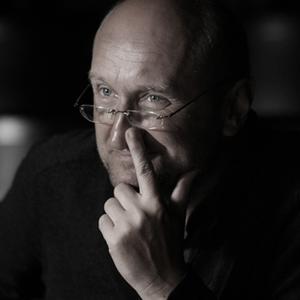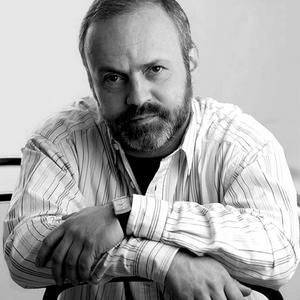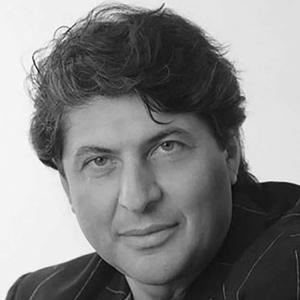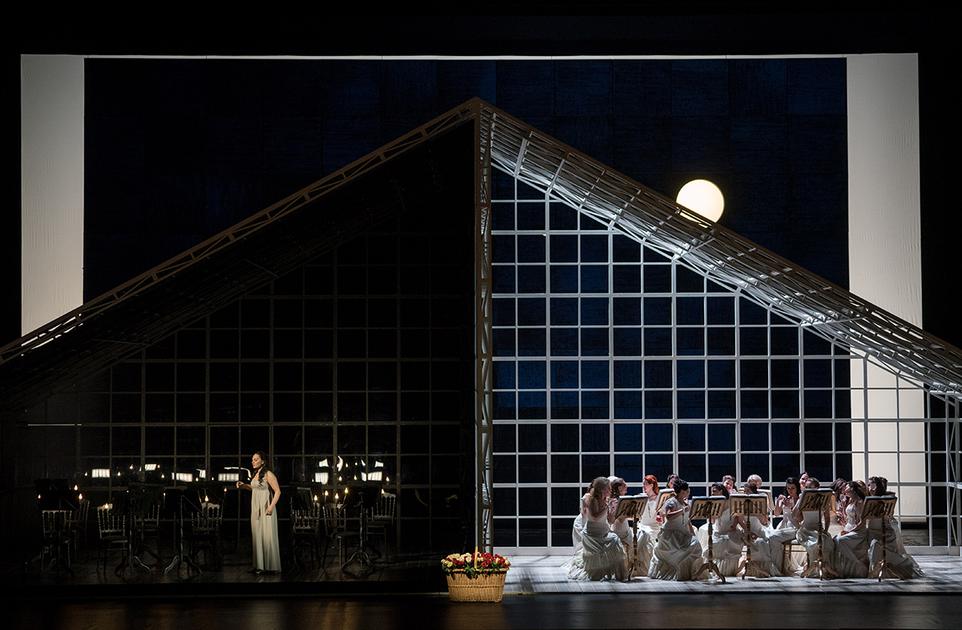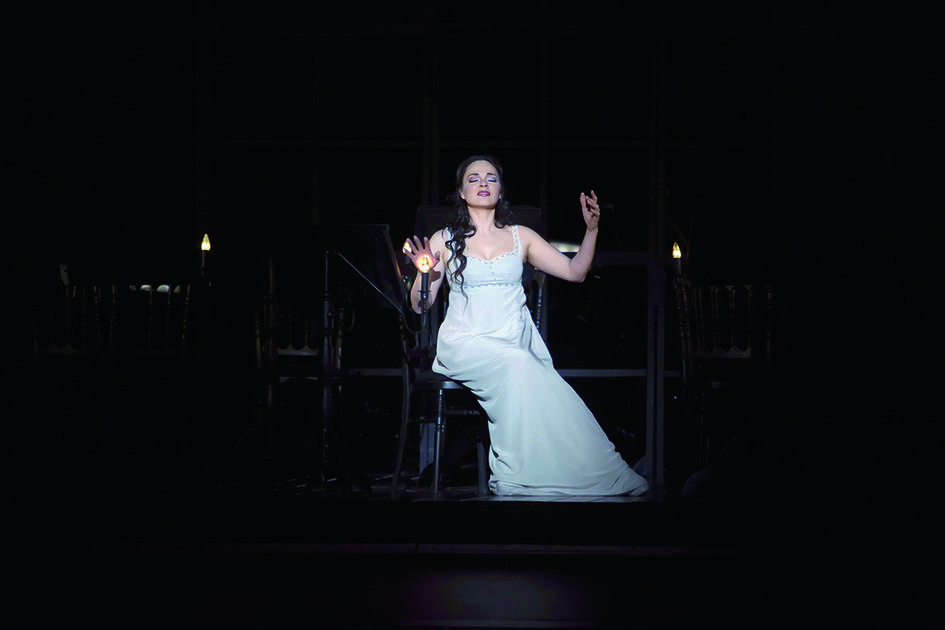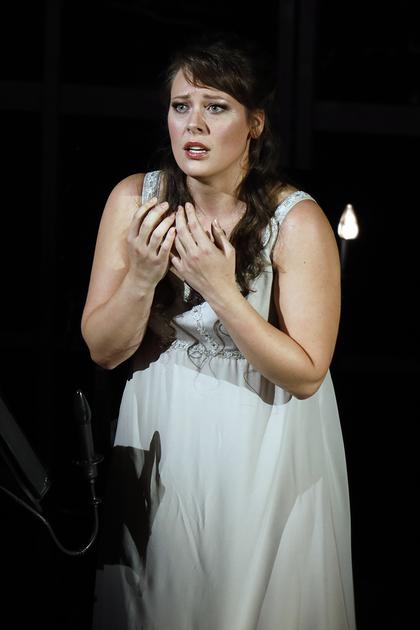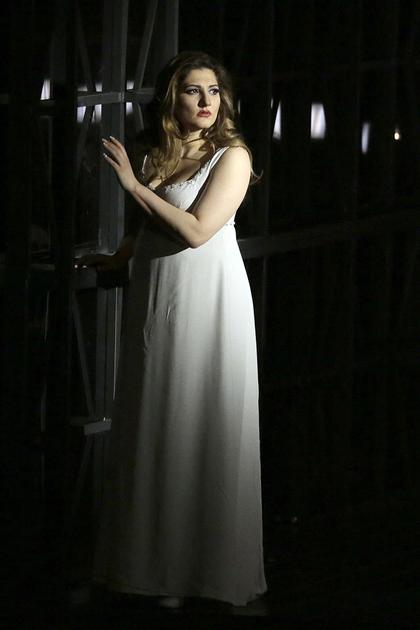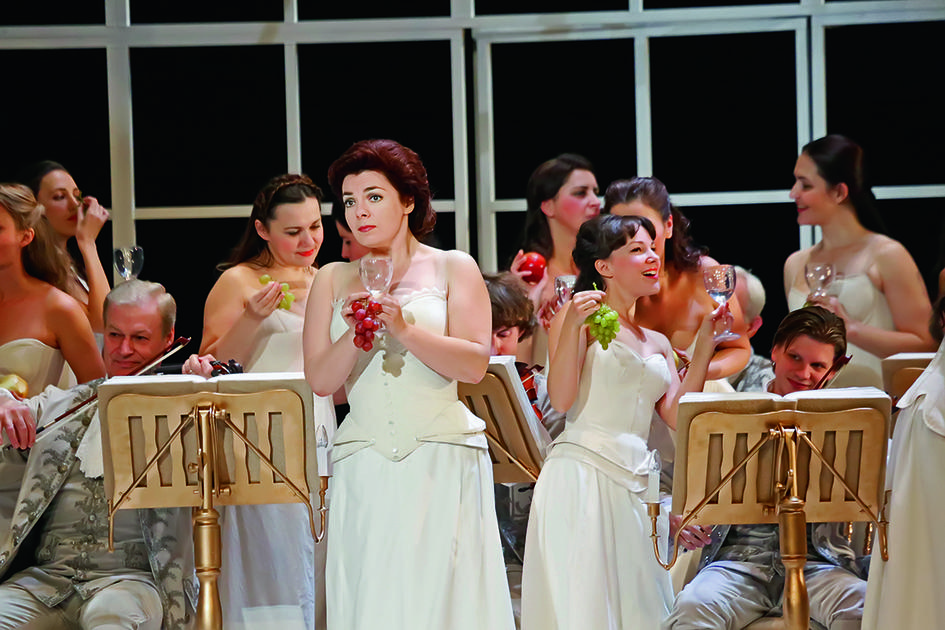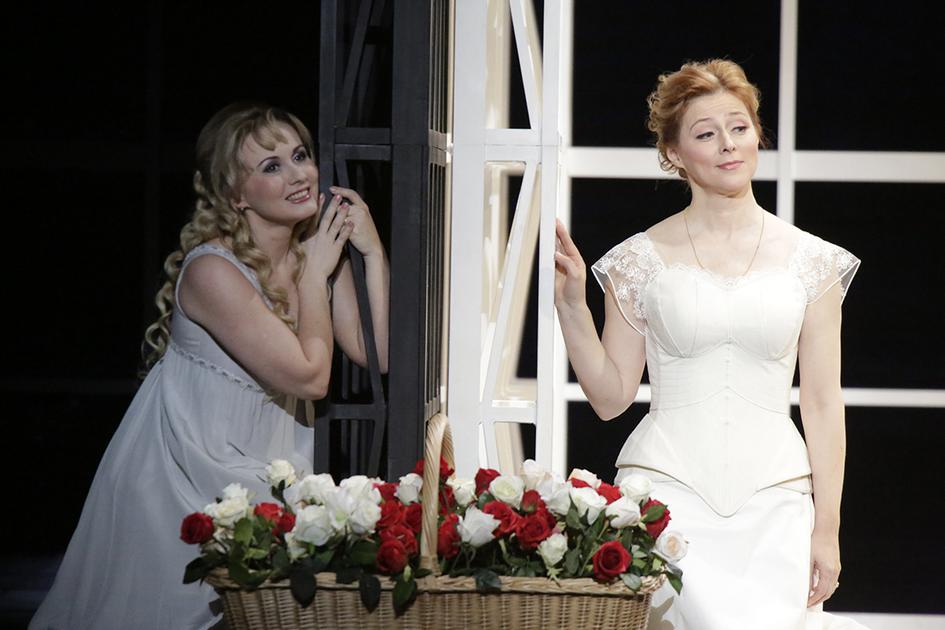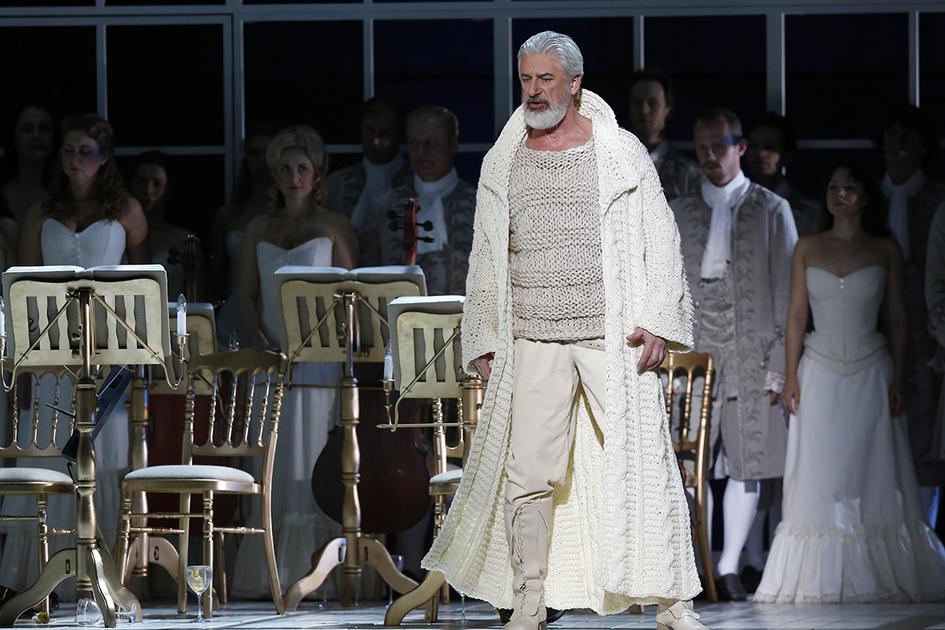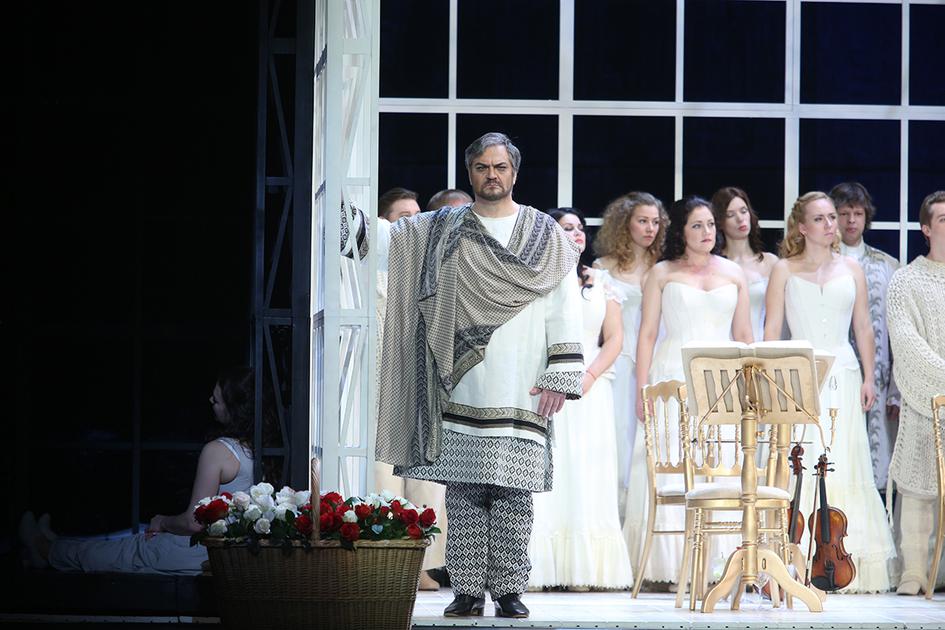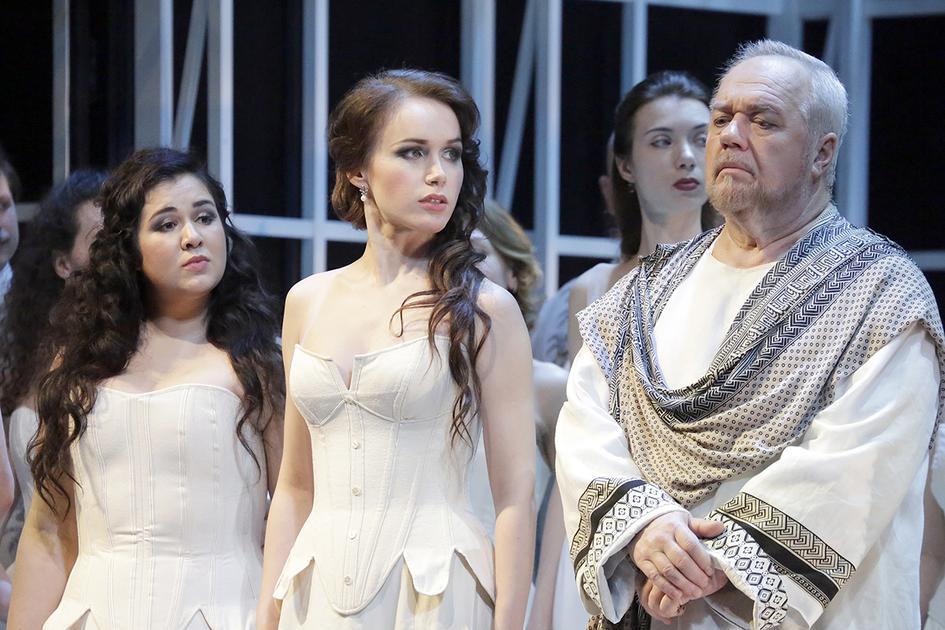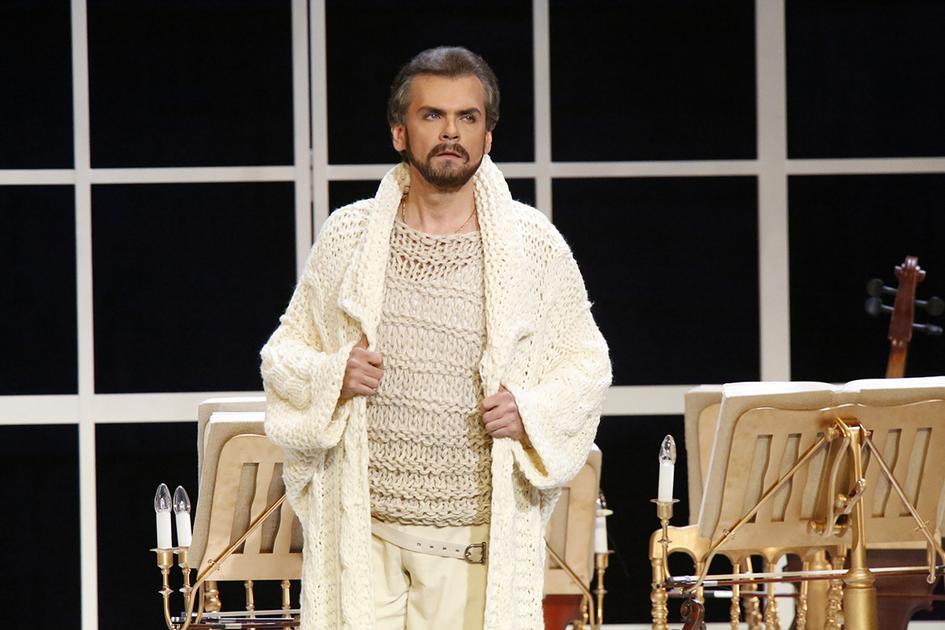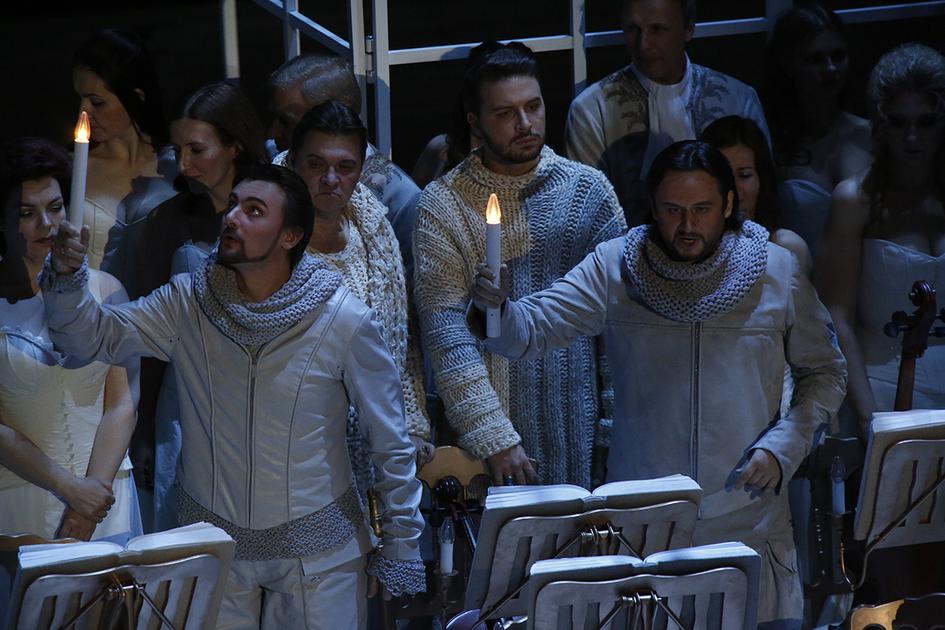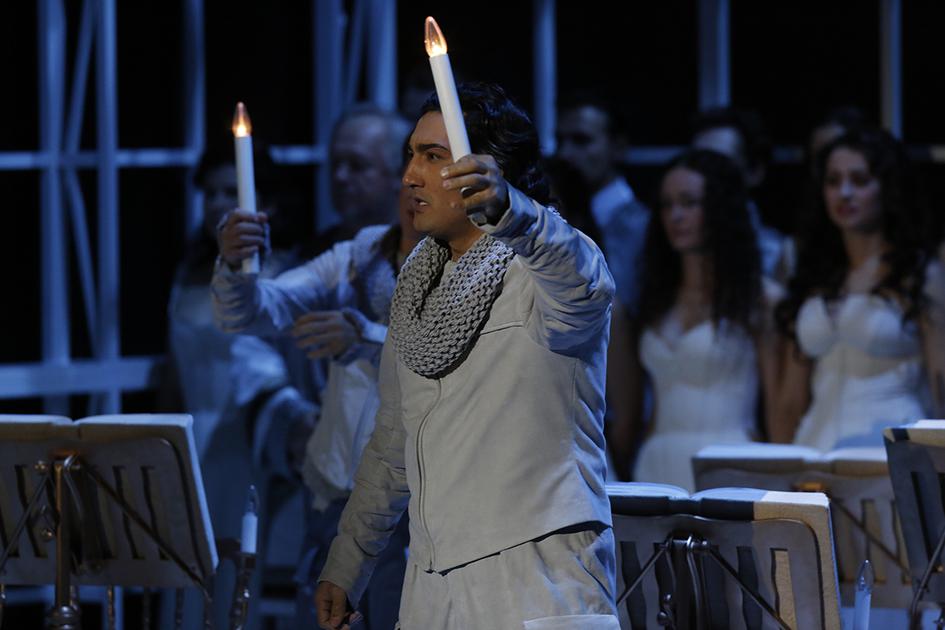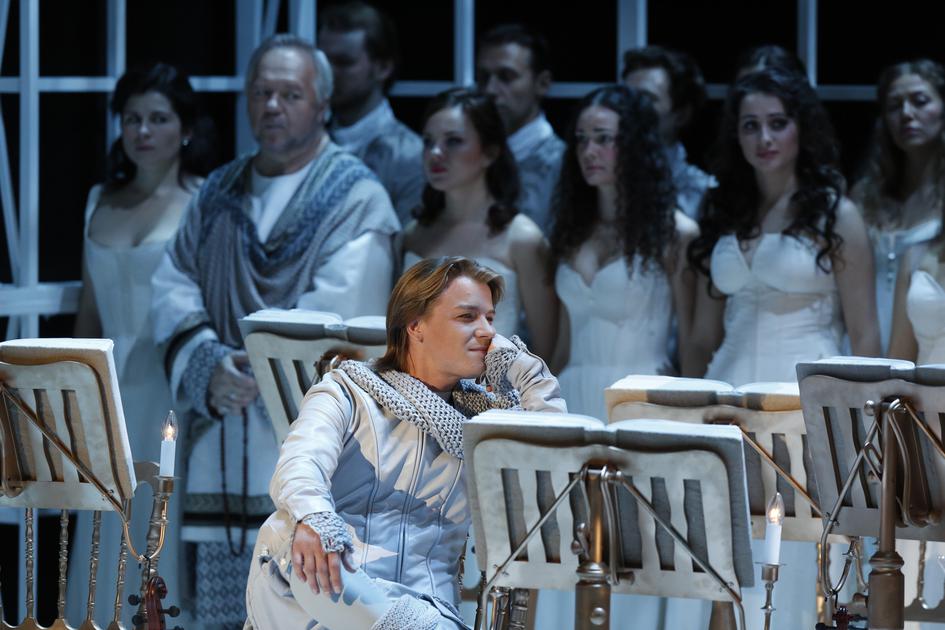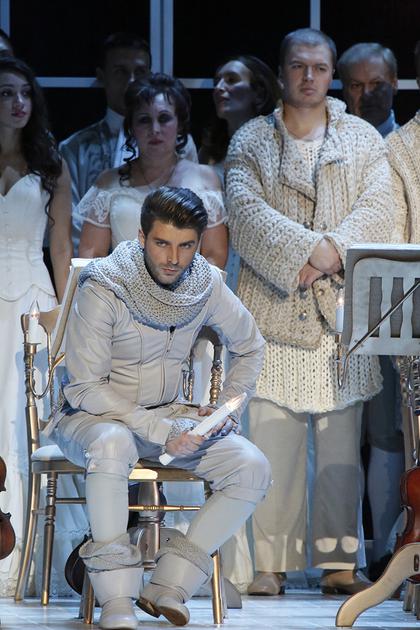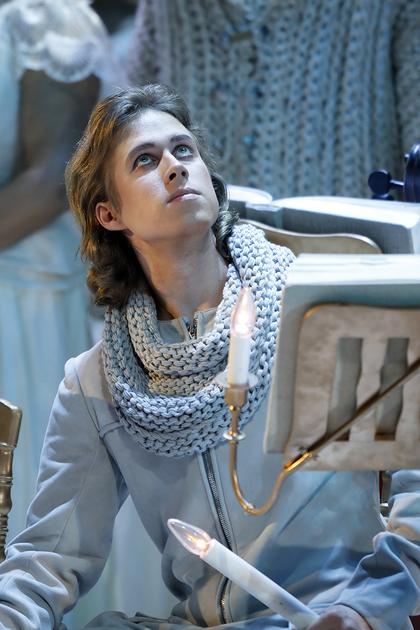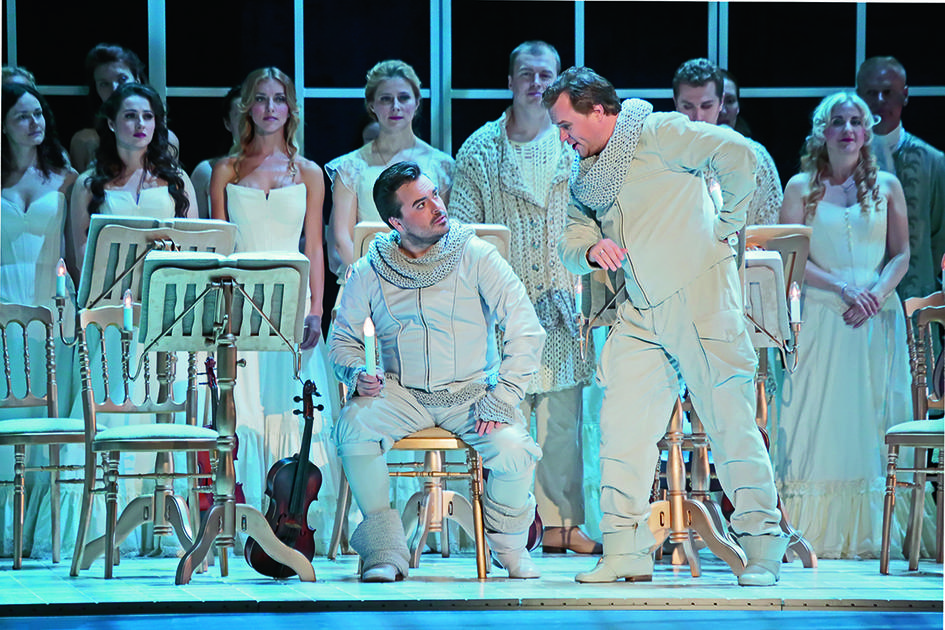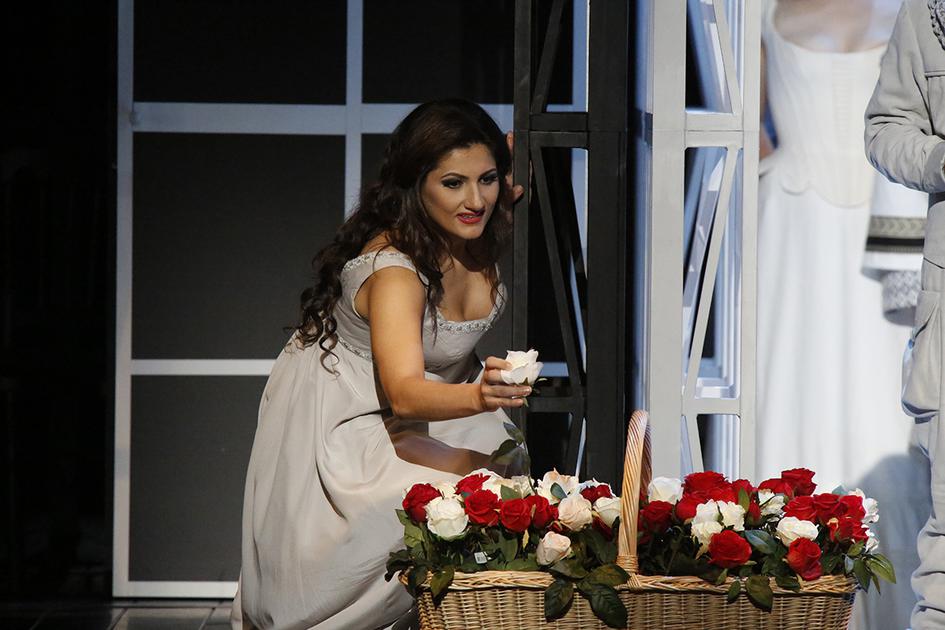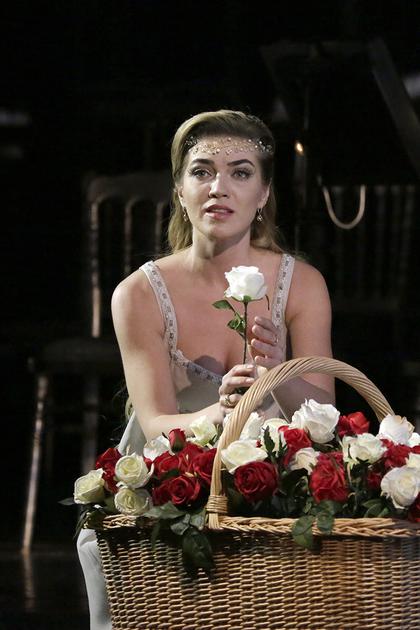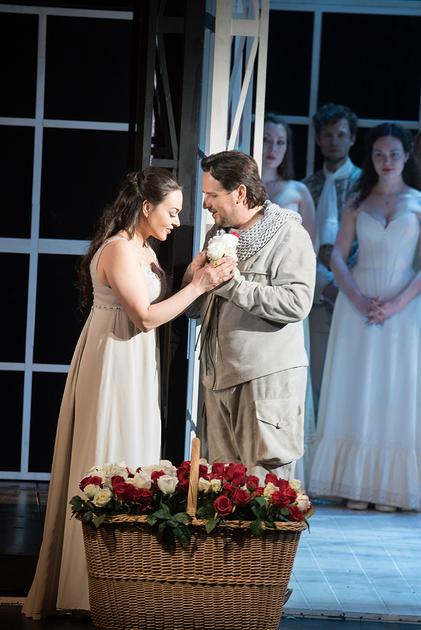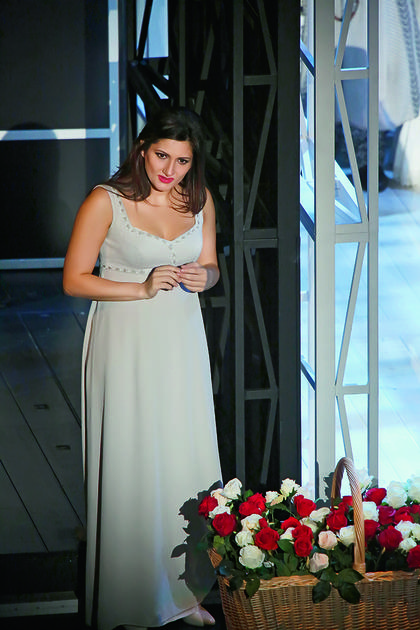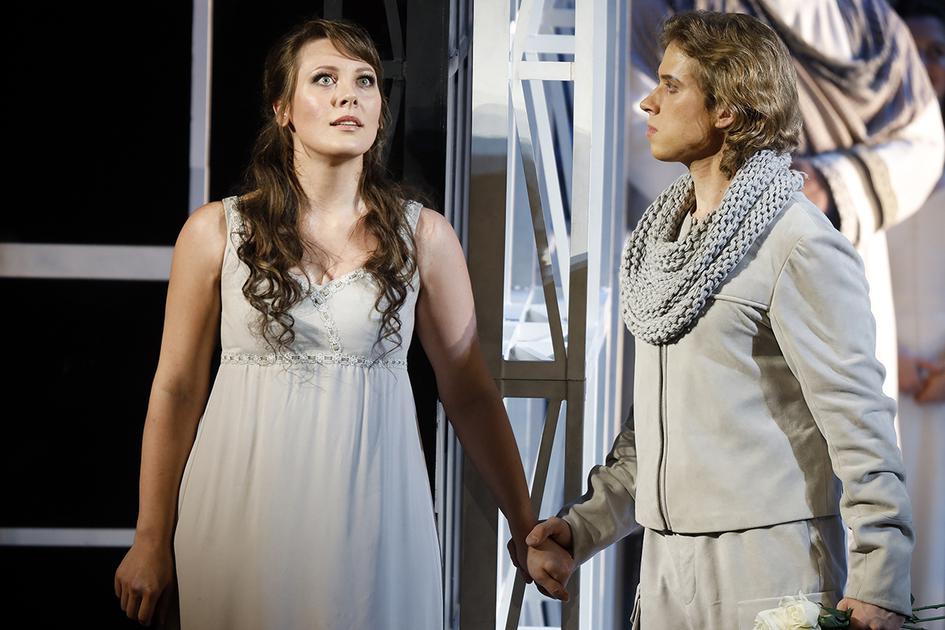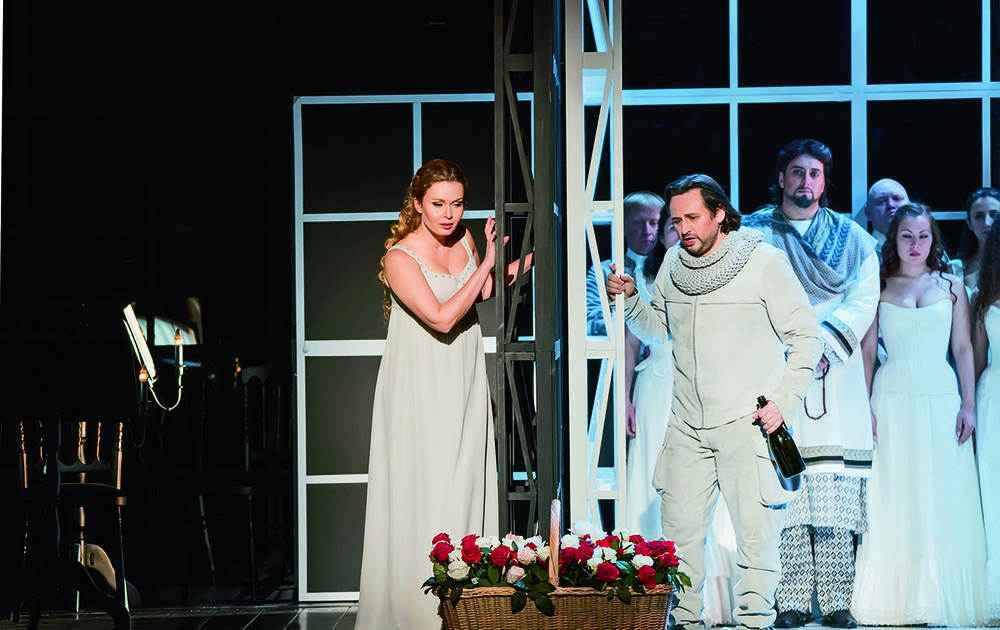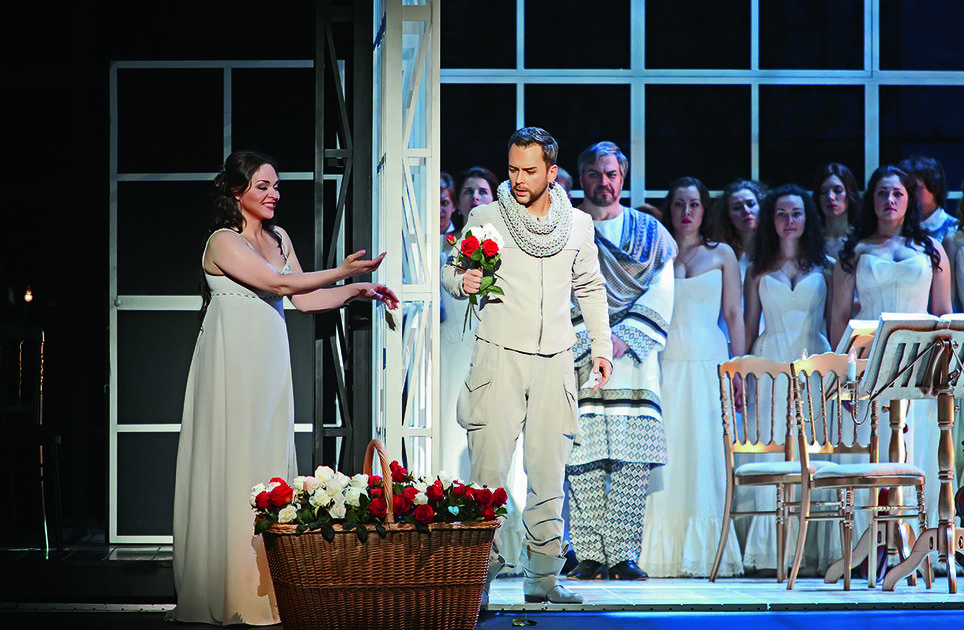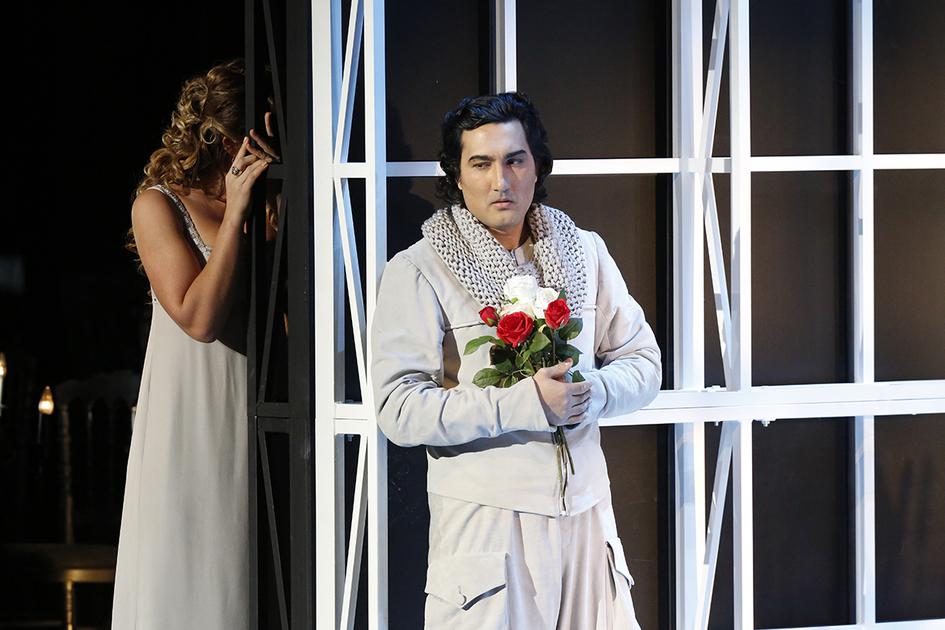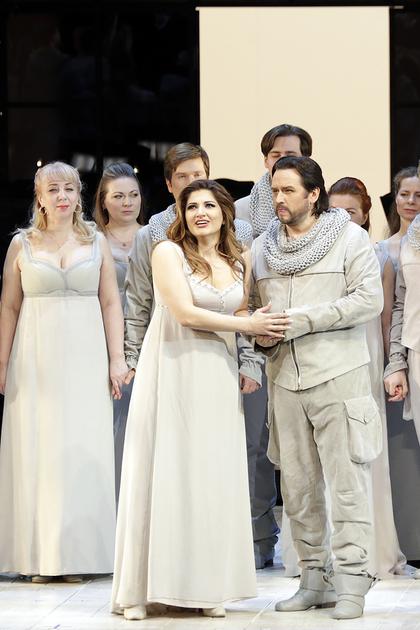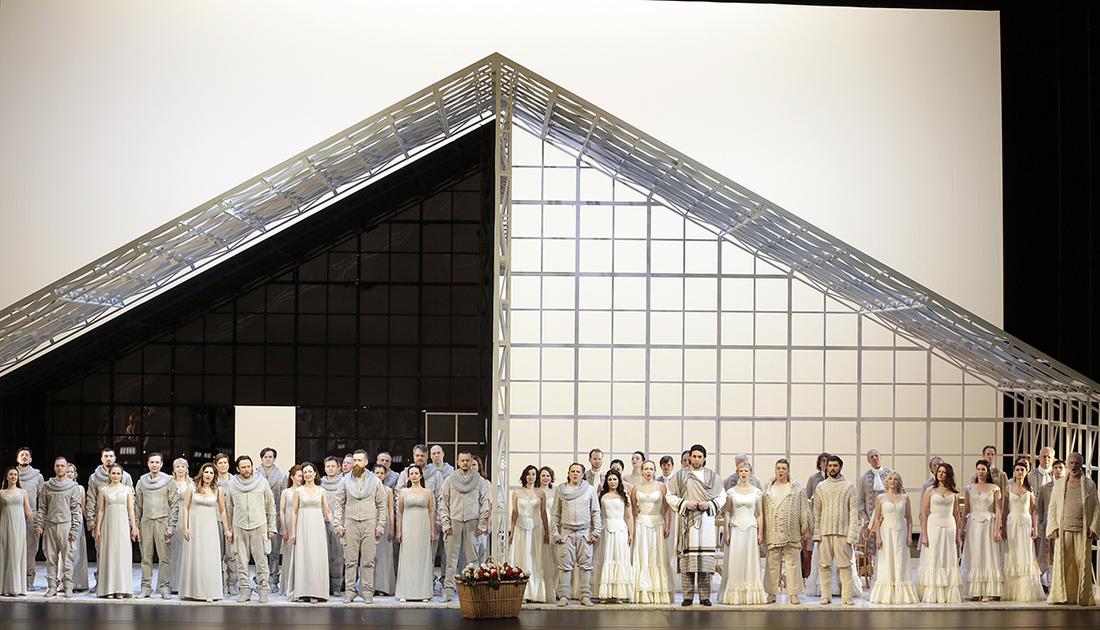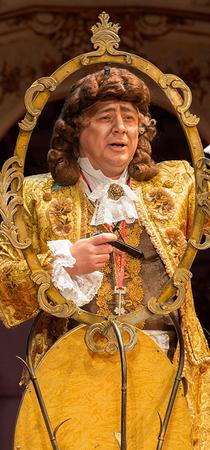
Georg Philipp Telemann
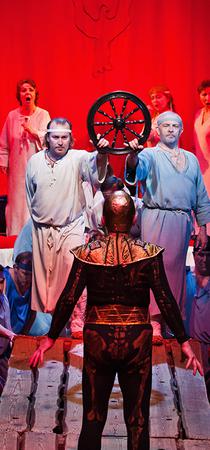
Dimitry Rostovsky
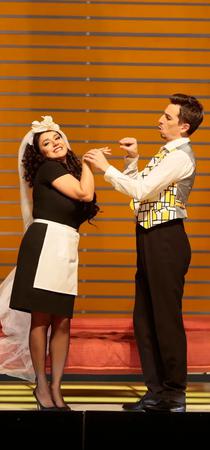
Wolfgang Amadeus Mozart
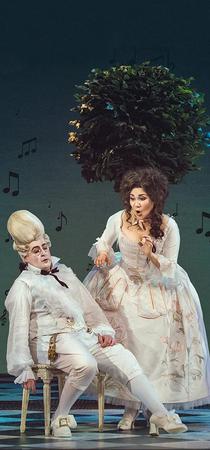
Gioachino Rossini
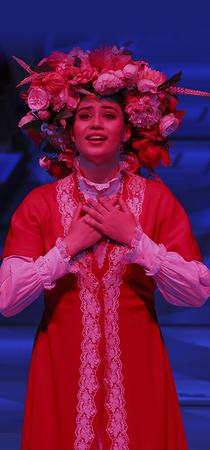
Alexander Ostrovsky, music by Pyotr Tchaikovsky
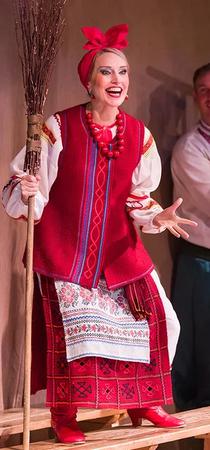
Modest Mussorgsky
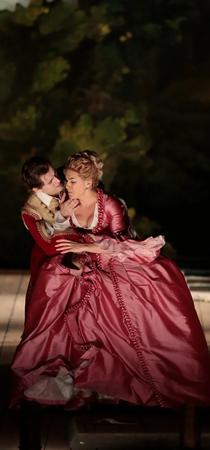
Wolfgang Amadeus Mozart
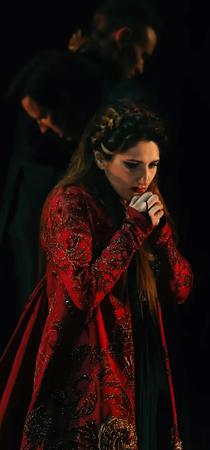
Giacomo Puccini
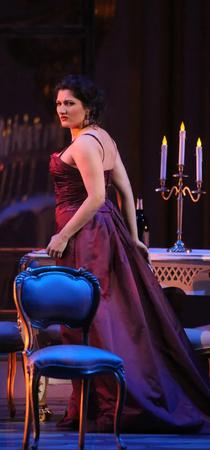
Giuseppe Verdi
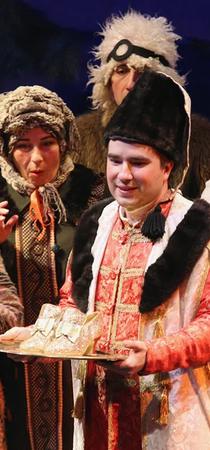
Pyotr Tchaikovsky
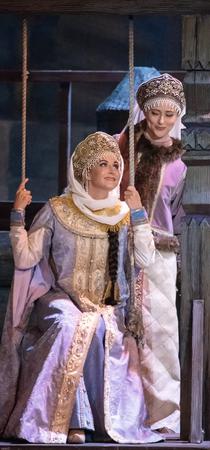
Nikolai Rimsky-Korsakov
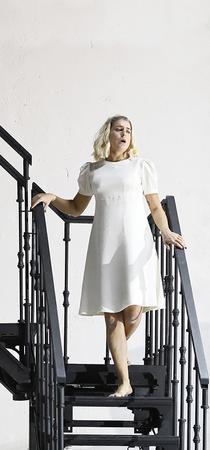
Richard Strauss
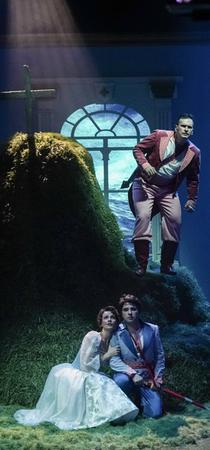
Alexei Verstovsky
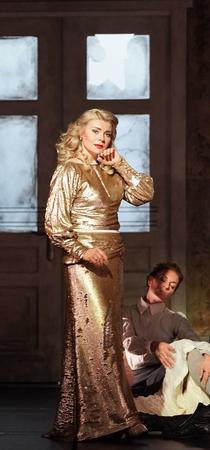
Sergei Prokofiev. Maurice Ravel
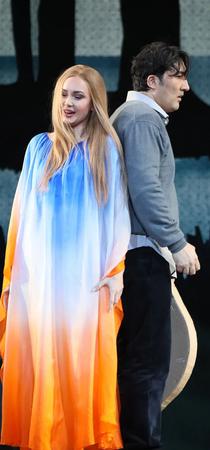
Nikolai Rimsky-Korsakov
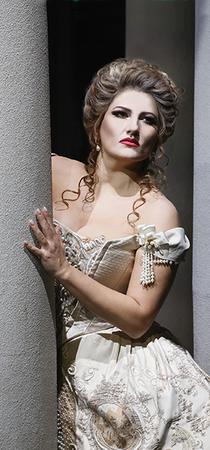
Francesco Cilea
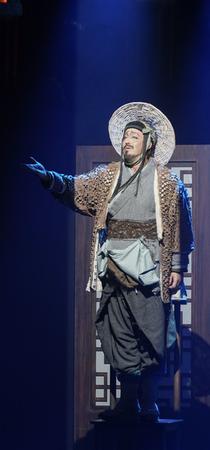
César Cui. Igor Stravinsky
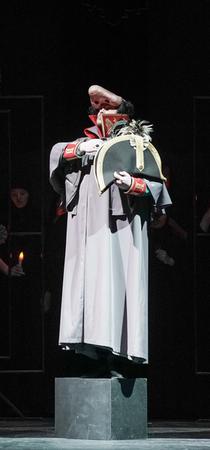
Dmitry Shostakovich
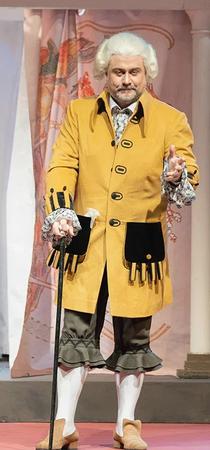
Wolfgang Amadeus Mozart
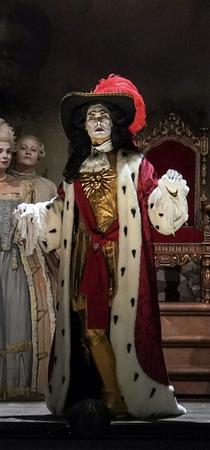
Umberto Giordano
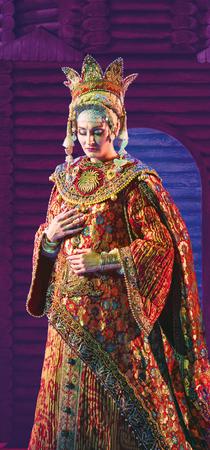
Nikolai Rimsky-Korsakov
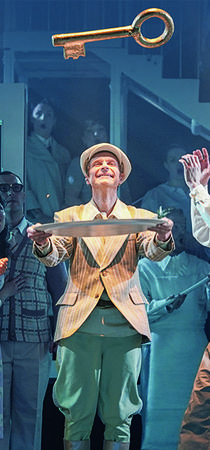
Dmitry Shostakovich
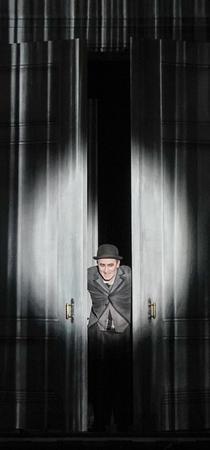
Ruggero Leoncavallo
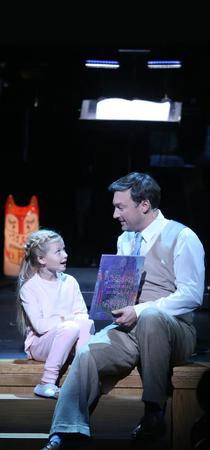
Benjamin Britten. Camille Saint-Saëns
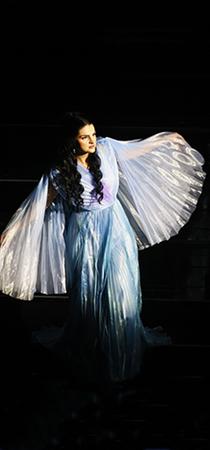
Anton Rubinstein
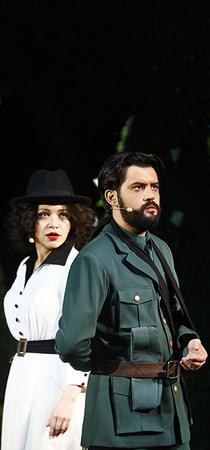
Hector Berlioz
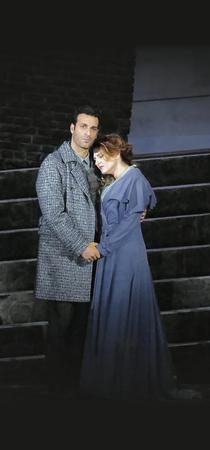
Giacomo Puccini
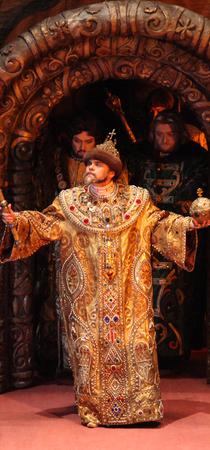
Modest Mussorgsky
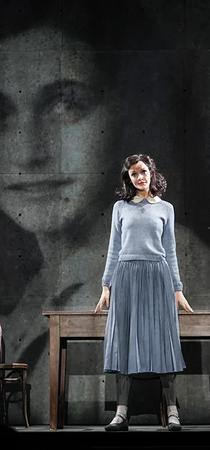
Grigory Frid. Udo Zimmermann
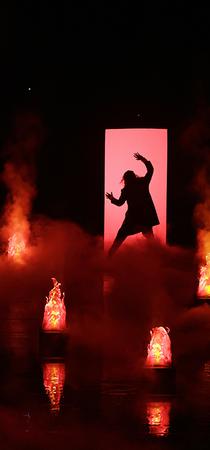
Wolfgang Amadeus Mozart
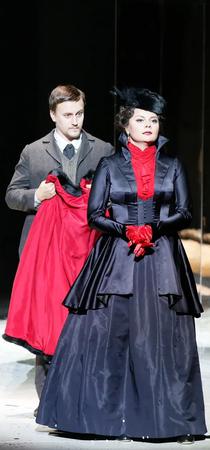
Mieczysław Weinberg
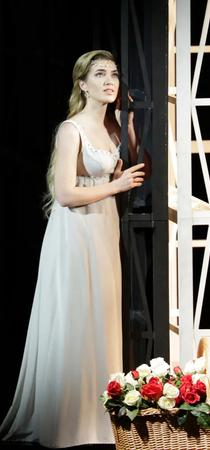
Pyotr Tchaikovsky
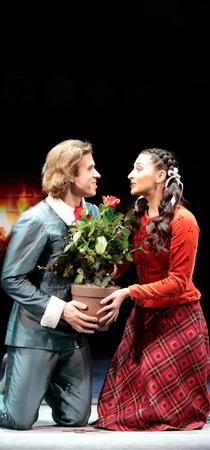
Sergei Banevich
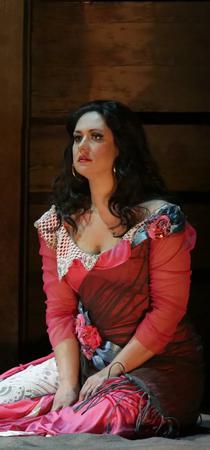
Georges Bizet
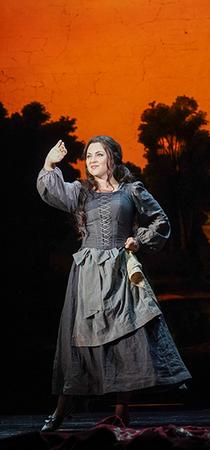
Gaetano Donizetti

Richard Wagner
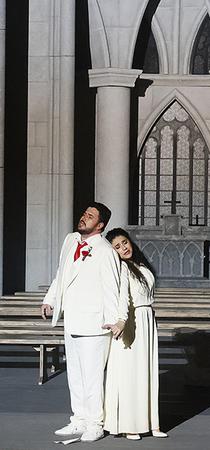
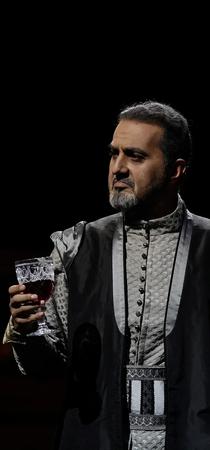
Pyotr Tchaikovsky
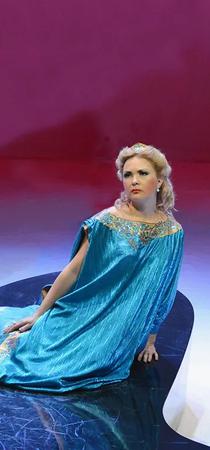
Richard Strauss
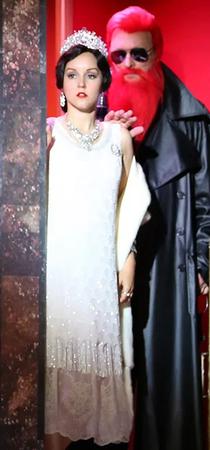
Jacques Offenbach
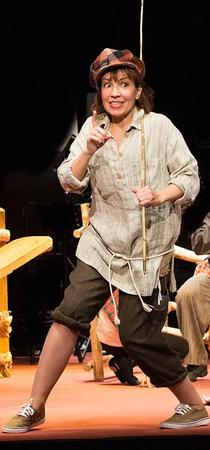
Sergei Prokofiev
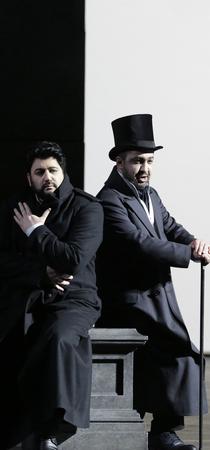
Pyotr Tchaikovsky
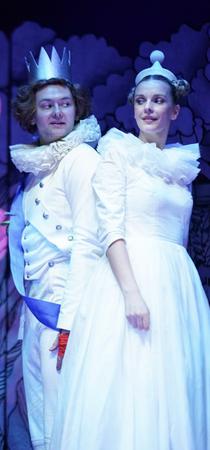
Andrei Rubtsov
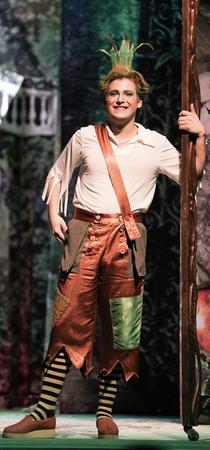
Tatiana Kamysheva
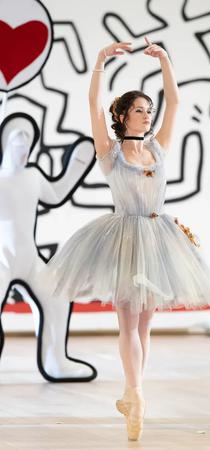
Gioacchino Rossini
Alexander Borodin
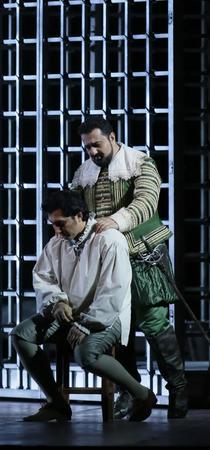
Giuseppe Verdi
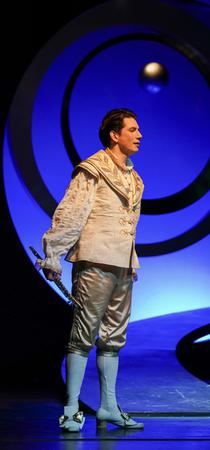
Wolfgang Amadeus Mozart
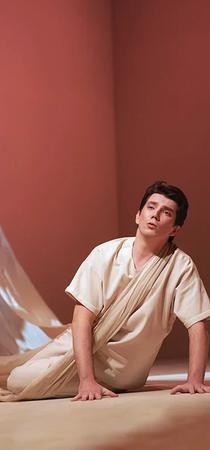
Georges Bizet
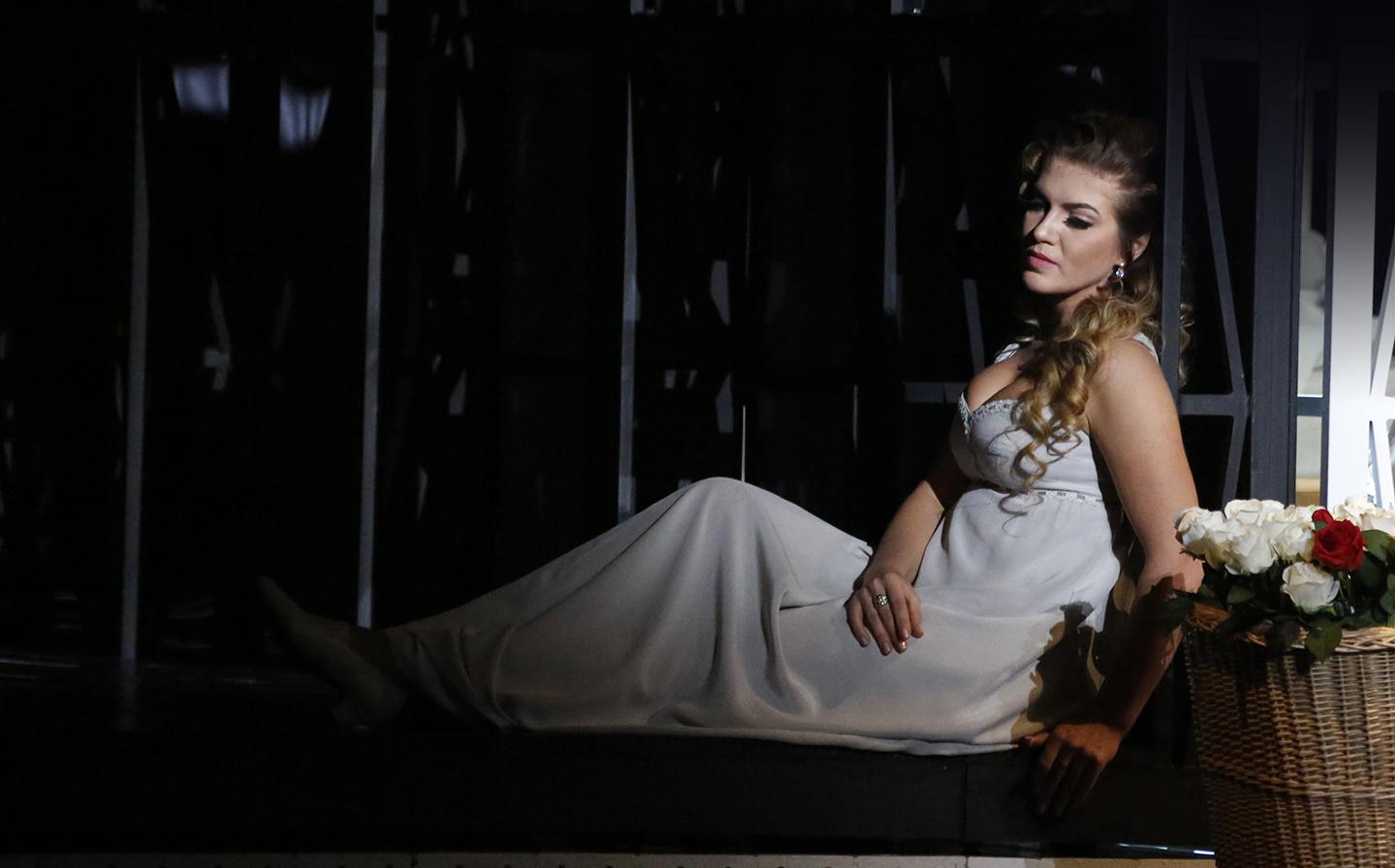
Tchaikovsky received the commission for Iolanta and The Nutcracker from the directorship of the Mariinsky Theatre. It is considered that the idea to combine a one-act opera and a two-act ballet in one evening belonged to the director of the Imperial Theatres, Ivan Vsevolozhsky. In July 1891, the composer started working on the opera. In September, the vocal score was completed, and the orchestration was finished in December.
In Autumn 1892, the rehearsals began in the Mariinsky Theatre. The opera was conducted by Eduard Nápravník while Riccardo Drigo conducted the ballet. On the 5th of December 1892 the general rehearsal took place in the presence of Alexander III. “The Sovereign was delighted, invited me to the box and spoke many sympathetic words. The production of both is stunning, and is even too magnificent in ballet, the eyes get tired of the splendour”, as the composer wrote. On the 6th of December 1892 the premiere was a great success. Despite the enthusiastic reception by the audience, the critics took a rather cool attitude to the new creations.
Premiered on October 28, 2015.
Presented without interval.
Thursday, 19:00
Wednesday, 19:00
Tuesday, 19:00
Sunday, 14:00
Saturday, 19:00
Tuesday, 19:00
Sunday, 14:00
Saturday, 19:00
Saturday, 12:00
Friday, 19:00
Sunday, 14:00
Saturday, 19:00
Saturday, 12:00
Sunday, 14:00
Saturday, 19:00
Saturday, 12:00
Sunday, 14:00
Saturday, 19:00
Saturday, 12:00
Friday, 19:00
Thursday, 19:00
Wednesday, 19:00
Wednesday, 19:00
Tuesday, 19:00
Sunday, 14:00
Saturday, 19:00
Saturday, 12:00
Sunday, 19:00
Thursday, 19:00
Iolanta, the blind daughter of the King of Provence, is telling her nurse, Martha, that she is full of some unknown longing. Iolanta's friends, Brigitte and Laura, try to cheer her up by singing songs and bringing her flowers. Martha also tries to comfort Iolanta by singing her favorite lullaby. This sends Iolanta to sleep.
Enter Alméric, King René's sword-bearer. He informs the castle porter, Bertrand, that very soon the King will be arriving with a famous Physician who, it is hoped, will cure Iolanta's blindness. The trumpets sound, announcing the arrival of the King. King René enters accompanied by the Moorish Physician, Ibn-Hakia. The King explains that Iolanta has been betrothed from infancy to Robert, Duke of Burgundy, and is soon to marry him, but the Duke does not know that his future wife is blind. Indeed, Iolanta herself is totally unaware of her misfortune. Iolanta has been brought up by her father in this remote castle. He surrounded her with loyal retainers and forbade them on pain of death to tell her the truth. Ibn-Hakia says that the only hope for Iolanta is to inform her of her disability and then, so long as she passionately wishes to recover her sight, she will do so. King René is full of doubts and fear for his daughter's future.

